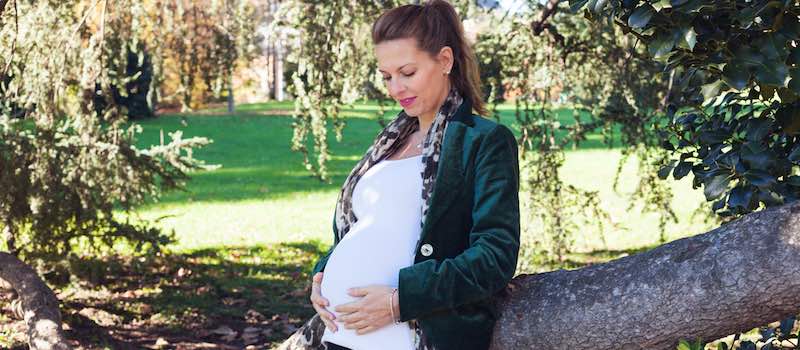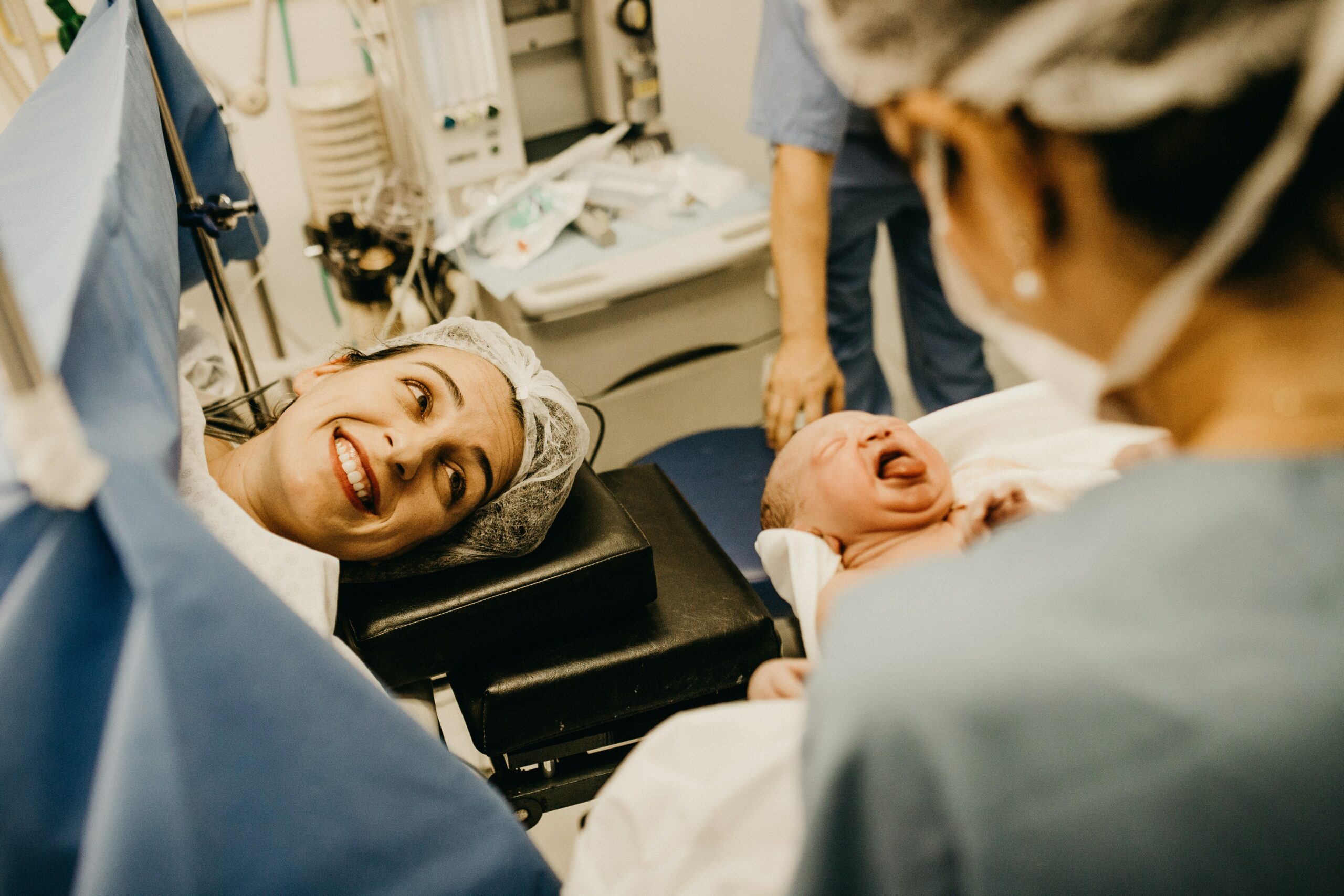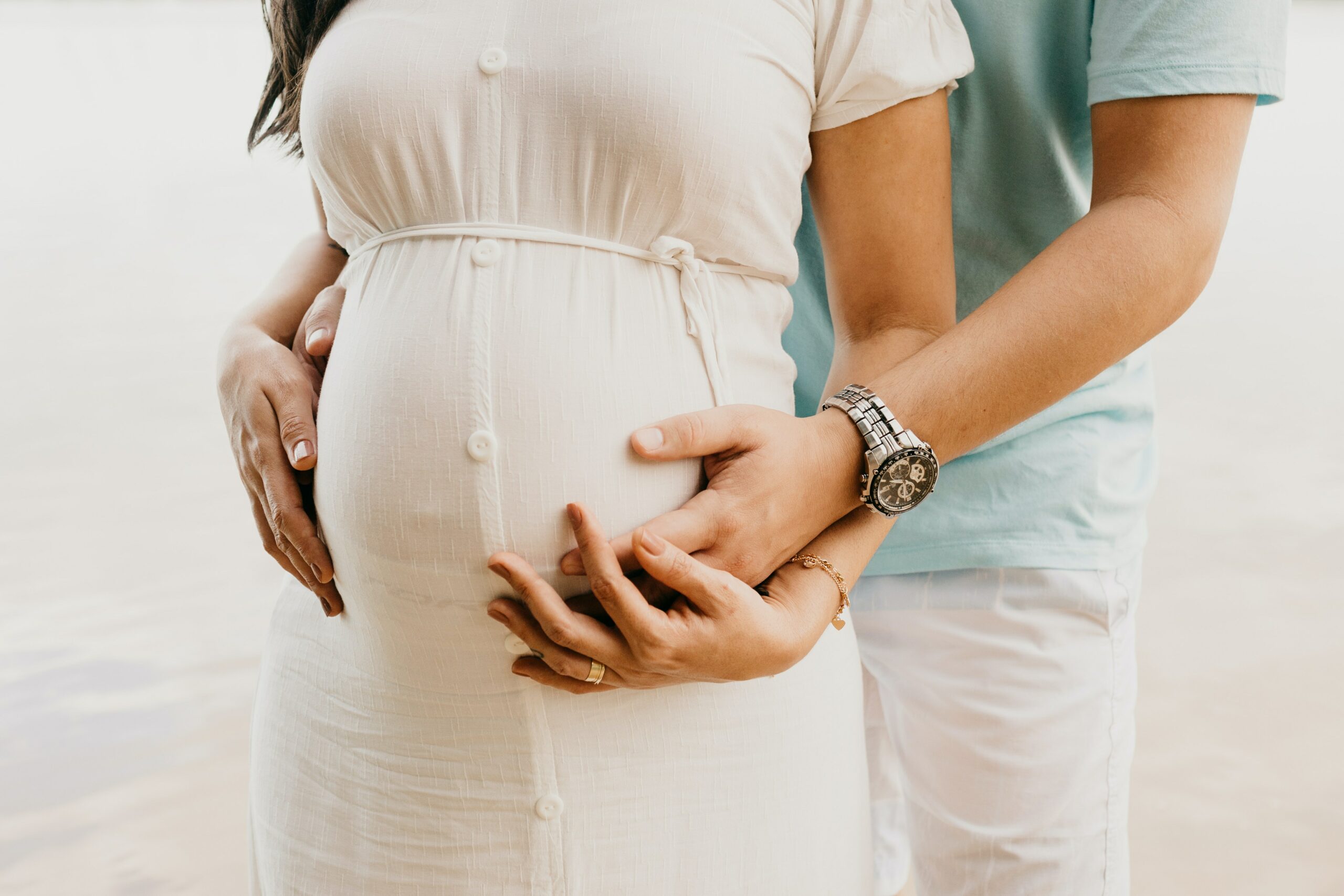Once upon a time, it was standard for most women to give birth during their 20s. It’s probably what your mom did and what many of your friends have done. However, as more women entered the workforce in the 80s and 90s, more women started to delay starting a family until well into their 30s.
Nowadays, some women don’t have children until they’re in their 40s, and there are many reasons for this: Pursuing higher education, wanting to be more established in their careers, achieving financial security, or waiting to meet the perfect person to have children with. Maybe they weren’t even sure if the wanted to have kids until later in life. All are valid reasons.
That said, there are differences in the pregnancy of someone who’s 25 years old and someone who’s 45 years old. In the interest of providing useful information for women who may have waited until later in life to become a mom, we’ve made a list of the most pressing concerns.
How Common is it to Have a Child in Your 40s?
While it’s entirely possible to become pregnant via natural means in your 40s, it’s important to be aware of the fact that the likelihood of it happening substantially diminishes after age 35.
As years go by, it becomes harder to conceive. This is because your egg supply decreases, which makes your fertility take a nosedive. In fact, by the time a woman is 40, she has a 25% chance of getting pregnant, and that number decreases as the decade progresses.
Despite these figures, the number of women giving birth during this decade of their lives is on the rise. So if you decide to join this club, know that you won’t be alone.
What are the Risks of Pregnancy in Your 40s?
It’s important to know that while being older, wiser, and more financially stable are all pluses, there are several health risks associated with a later in life pregnancy. The most common include:
1. Increased risk of miscarriage. The likelihood of miscarriage in an average pregnancy is about 25%. The risk increases to 50% once a woman reaches her 40s. After age 45, only about 20% of pregnancies are viable.
2. Gestational diabetes. Pregnancy related hormones can cause a woman’s blood sugar levels to rise, which may result in gestational diabetes. While you can prevent or control it by eating whole foods and regular exercise, you will likely still require close monitoring of your pregnancy and more frequent doctor appointments. The good news is that your blood sugar levels will likely return to normal after childbirth.
If you are planning on getting pregnant during your 40s and already have prediabetes, we advise that you control the disease prior to pregnancy.
3. Higher risk of preeclampsia. Preeclampsia occurs when high blood pressure starts affecting other organs. It exclusively happens during pregnancy, and of course, the risk increases when a woman is over 40. Additional risks include being overweight, multiple pregnancies (being pregnant with twins, triplets, etc…), or if the baby was conceived via in vitro fertilization (IVF).
4. Higher risk of chromosomal abnormalities. This is due to the fact that the eggs that are available later in life can sometimes be of a lower quality than eggs present in a younger woman.
5. Higher risk of complications during labor. Women in their 40s have a 40% chance of delivering by C-section rather than by natural birth.
All of these warnings are not made to make you think that wanting to have a child in your 40s is a pipe dream. It’s just important to know that you’ll need regular monitoring. And in the case of women who aren’t pregnant yet, go in knowing that there’s a chance that you may need IVF, or that pregnancy may not happen.
Is it Possible to Have a Healthy Pregnancy in Your 40s?
Despite the increased health risks, it’s still entirely possible to have a healthy pregnancy in your 40s. This is especially true if you lead an overall healthy and active lifestyle. In fact, one way to alleviate pregnancy-related strains on the body is to continue to have an exercise routine during pregnancy. Just make sure to first consult with your doctor for any needed modifications.
You’ll also likely need to take prenatal vitamins and folic acid. Once you become pregnant, be sure to have regular medical monitoring.
Contact us at OB-GYN Women’s Centre
At OB-GYN Women’s Centre, we understand that pregnancy can be both exciting and overwhelming. And if it happens in your 40s, it comes with a list of additional concerns. Let us help you.
Contact us to schedule an appointment.




